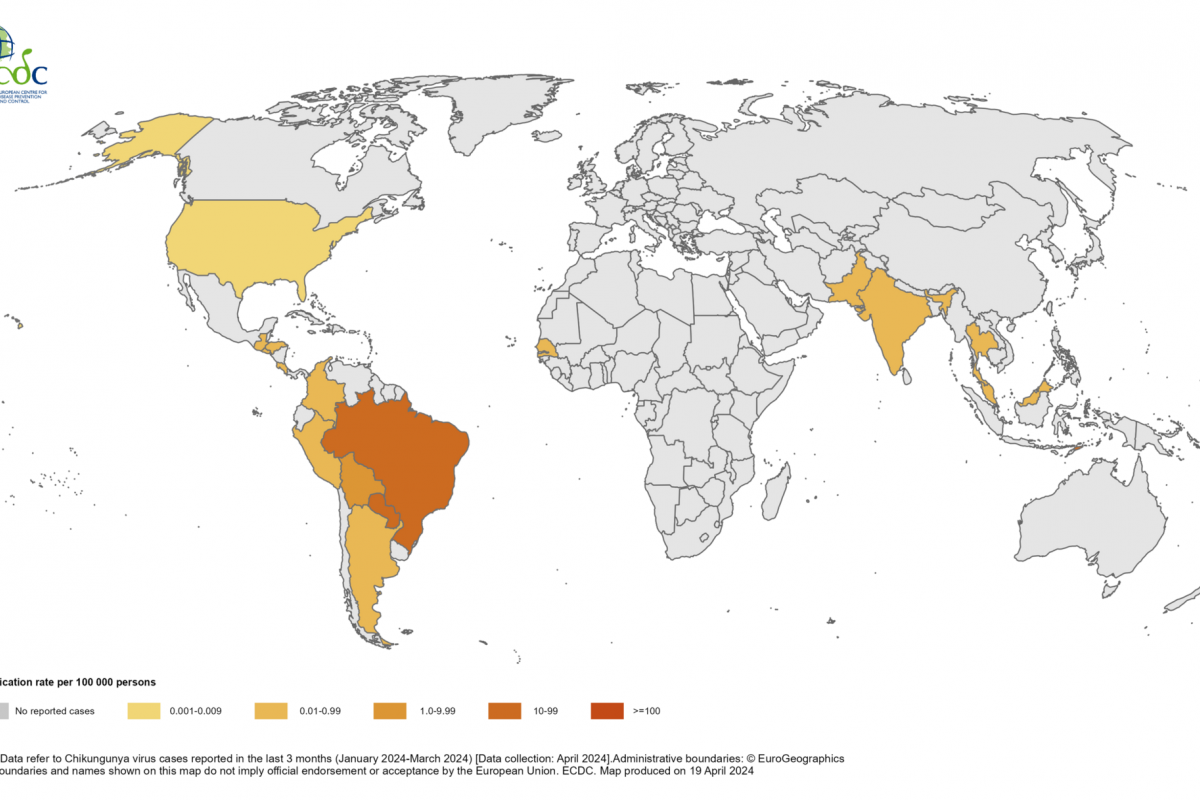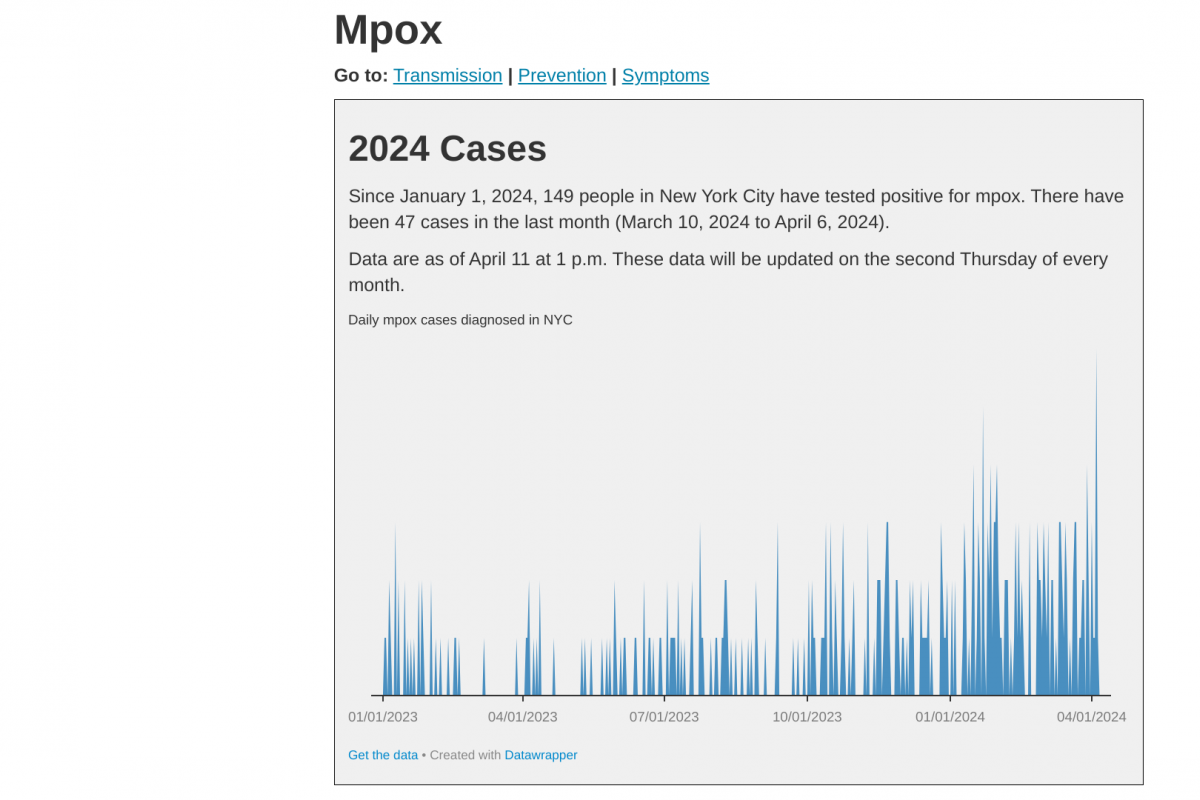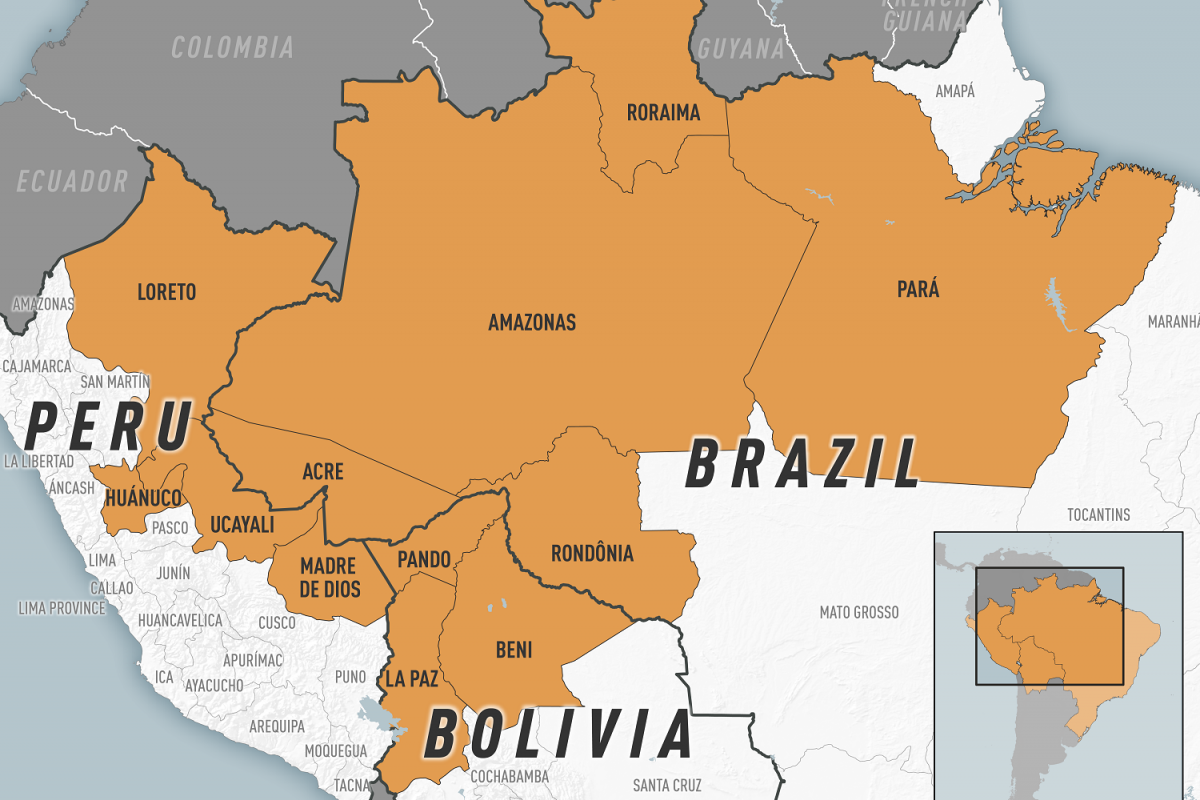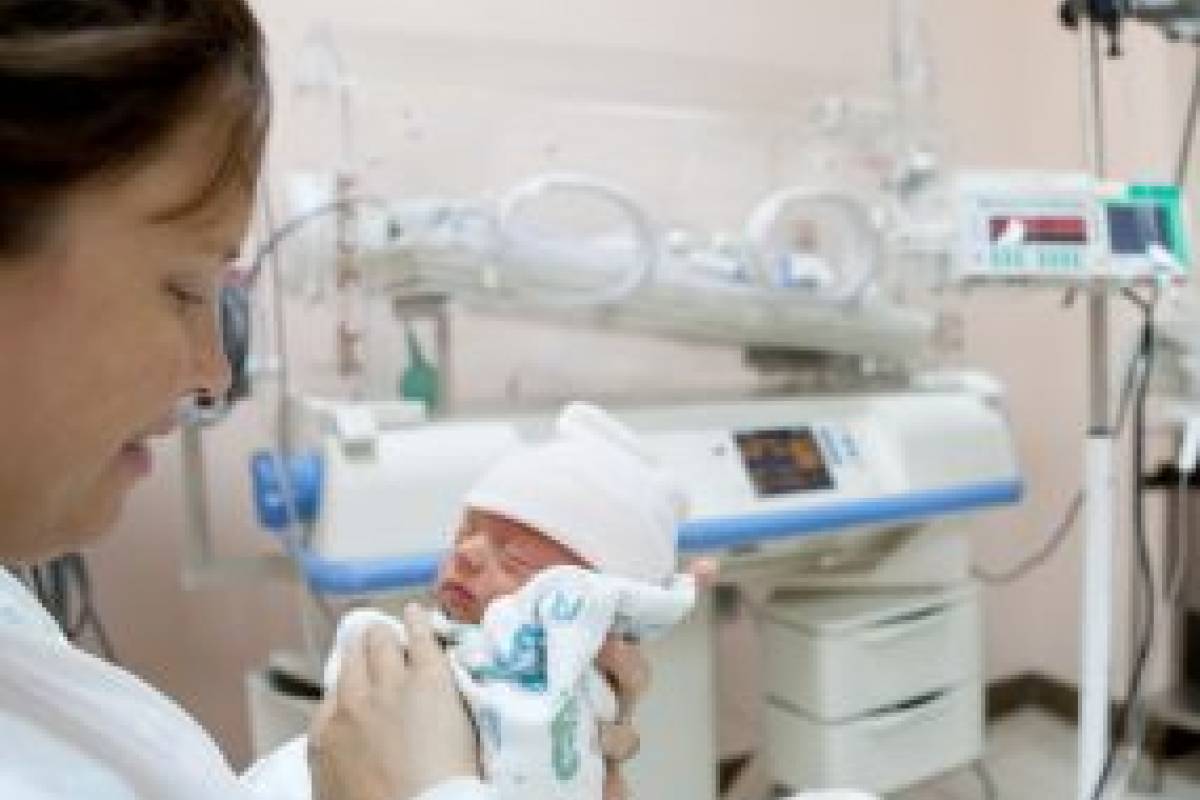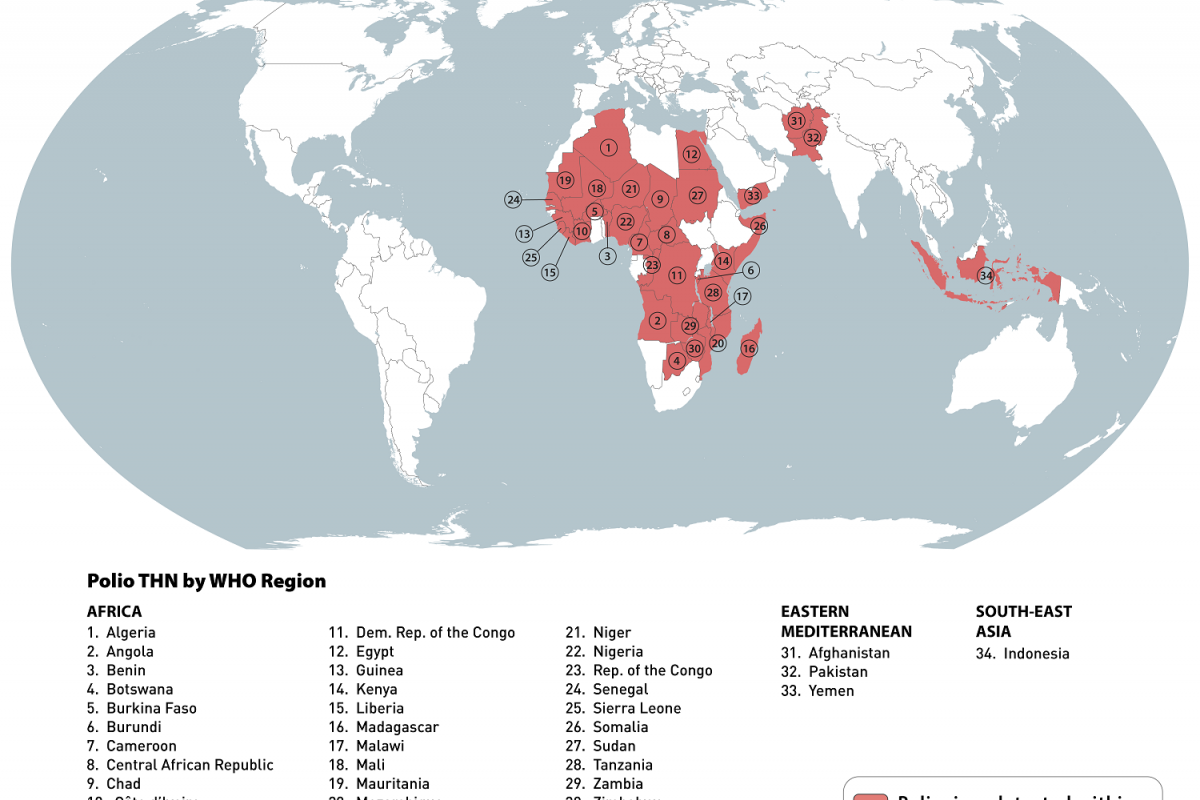According to Reuters reporting, AstraZeneca is voluntarily withdrawing its COVID-19 vaccine Vaxzevria as global demand has declined in 2024.
The University of Oxford, Serum Institute of India Pvt. Ltd., and AstraZeneca co-produced Vaxzevria COVID-19 (AZD1222). The European Medicines Agency initially authorized Vaxzevria in February 2021.
The London-based company indicated that the decision to pull Vaxzevria from the global market was due to the "surplus of available updated vaccines" adapted to newer and emerging variants of COVID-19, Reuters reported on May 6, 2024.
"We are incVaxzevria's role Vaxzevria played in ending the global pandemic. According to independent estimates, over 6.5 million lives were saved in the first year of use alone, and over three billion doses were supplied globally," AstraZeneca told The Telegraph in a statement.
Over the past month, other COVID-19 vaccine producers have reported significant decreases in consumer demand.
In the U.S., the Food and Drug Administration recently announced it intends to issue its recommendations for 2024-2025 COVID-19 vaccines in mid-June 2024.



